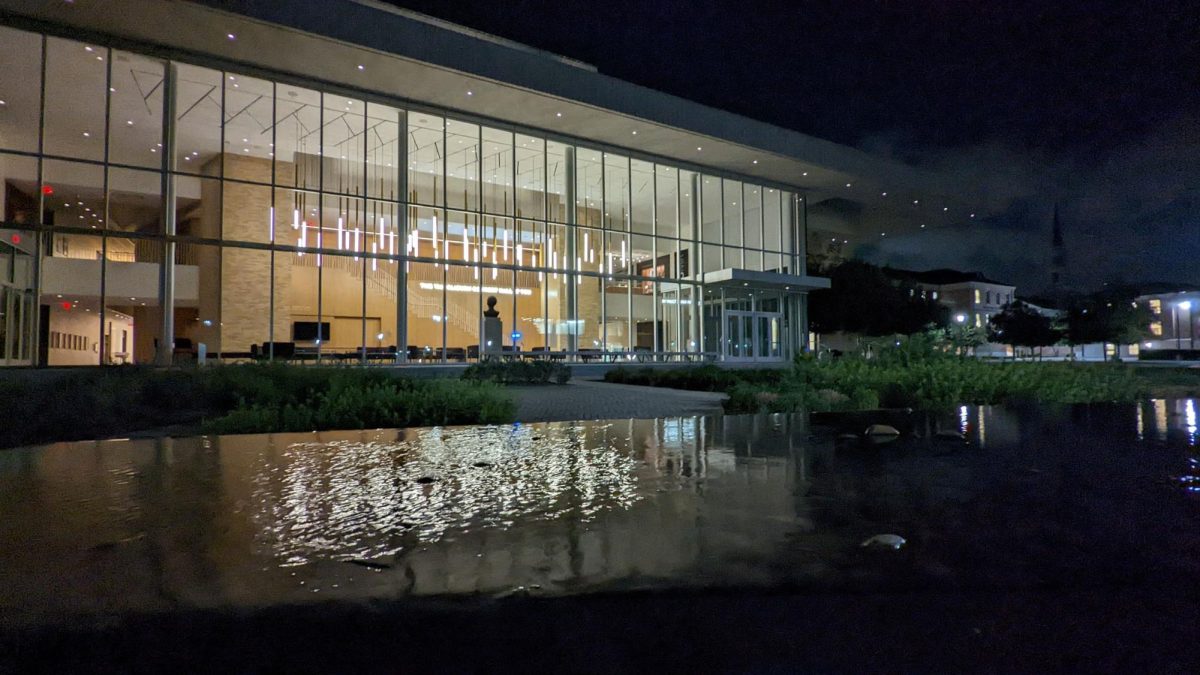
It’s been 33 years since Tarrant County officials asked voters to approve spending money on the John Peter Smith Health Network.
The network, which serves the uninsured as well as those in need of critical care, hasn’t kept pace with a county that has seen its population grow by more than 1 million people since then. The Citizens Blue Ribbon Committee examined the need for the bond, estimating that 19.3 percent of Tarrant residents are uninsured.
The report, issued in February, outlines the need for the proposed $800 million bond. The money would allow officials to create an integrated health care delivery system for low-income uninsured and under-insured patients. It would also address the need for more hospital beds and private rooms to accommodate patients at JPS medical and behavioral facilities.
The no tax rate increase bond calls for:
- 298 beds for a new behavioral health facility
- 676 beds for a new main hospital tower
- A new ambulatory surgery center
- Four new community health centers – spread throughout the county
The community health centers would be built over the next five to 10 years to help free up space at JPS main and adapt to patients’ transportation needs.
Nurses, family practitioners and pediatricians could provide care in these community health centers and prevent their neighbors from having to go to the JPS main hospital, Moresi said.
“It’s easier for those folks to get to that center than it is to come to downtown Fort Worth,” said Randy Moresi, the former CEO of North Hills Hospital and co-chair of the citizens’ committee. “We don’t have the greatest transportation system, so if somebody needs a bus—unless you’re in the right area, on the route, it’s just not that easy to get down there.”
Hospital beds and trauma
Tarrant County is in the 50th percentile nationwide for the number of hospital beds per 1,000 people, according to the report. The committee wants to push Tarrant County to the 10th percentile in the next 20 years, when the county will have an estimated 3 million residents.
JPS’s main hospital beds meet 34 percent of the total need for Medicare, uninsured and JPS connection patients.
About 60 percent of JPS’s beds are semi-private, with two beds per room or more.
“If you’re a doctor or a nurse and you’re sitting there talking to a patient and the other patient can hear everything that’s being said, it’s difficult, you know,” Moresi said. “Sometimes they’re in a very emotional scene. And that’s not just behavioral; that’s any place where care is being rendered.”
Semi-private rooms also complicate patient placement, since patients with infectious diseases or male and female patients need to be kept separate, he said.
Beyond sharing rooms, patients must share a place in line, as JPS holds the only level 1 trauma center in the county.
“All the level 1 trauma surgery gets mixed in with all the regular surgery, and that’s a very difficult thing to negotiate,” Moresi said.
He said non-emergency patients can often find their procedures bumped as trauma and emergency patients take priority. The bond proposes an ambulatory surgery center for JPS’s main campus to alleviate capacity constraints.
Behavioral health
There are 132 beds for behavioral health (96 in-patient psych beds, 36 leased). That’s enough for about 37 percent of the low-income population that needs in-patient care for behavioral health conditions. Plans call for 298 additional psychiatric beds, or 58 percent of the 516 additional beds the county expects to need by 2037.

Tarrant County does not have enough mental health beds, “period,” said Dr. Debra Atkisson, a psychiatrist and the president-elect of the Texas Society of Psychiatric Physicians.
As a psychiatrist in private practice, she has referred patients to Dallas and Denton to find an in-patient bed.
“People with resources cannot find an in-patient bed locally at times,” Atkisson said. “Those who have very little resources, who are the patients who often [go to] Trinity Springs at JPS, those beds stay full almost all the time.”
But the committee found Trinity Springs Pavilion, the behavioral health facility at JPS, hard to get around.
“From where they intake the patient, you literally have to take an elevator down 10 floors to the basement and then you walk almost a quarter of a mile to take the patient over to the behavioral facility,” Moresi said. “That was probably one of the most dramatic areas that I thought, ‘This has got to be changed.'”
The committee’s report points to a correlation between inadequate psychiatric resources for the severely mentally ill and the costs and tragedies that occur in the criminal justice system.
An estimated 50 percent of men and 75 percent of women in prisons across the U.S. experience a mental health problem that requires behavioral or mental health services each year, according to a report from the Hogg Foundation for Mental Health.
Atkisson has provided care at the Federal Medical Center, Carswell, a federal prison in Fort Worth that houses women with special medical and mental health needs.
“I found just from observing these patients,” she said, “there seemed to be a direct correlation between their early childhood experiences, mental health conditions and lack of resources and treatment that I believe led them into a pathway into the criminal justice system.”
It wasn’t just a lack of beds she pointed out, but also a lack of adequately trained mental health professionals.
She said people with mental health conditions often misunderstand what is happening around them, which can lead to difficult confrontations with law enforcement.
“They might be paranoid and they might be resistant, for instance, to police officers who are attempting to get them to help,” she said. “They may become aggressive. They may become combative, and for these reasons, they may sometimes wind up in our jails.”
Moresi said he hopes voters understand that this bond won’t just benefit Fort Worth.
“There are a lot of communities in Tarrant County that think this is not for them,” he said. “But it is for them because if they’re ever in a major motor vehicle accident, that’s probably where they’re going. If they’re ever a victim of a shooting or stabbing, that’s almost assuredly where they’re going.”





